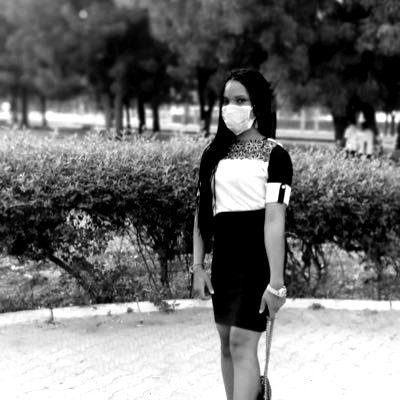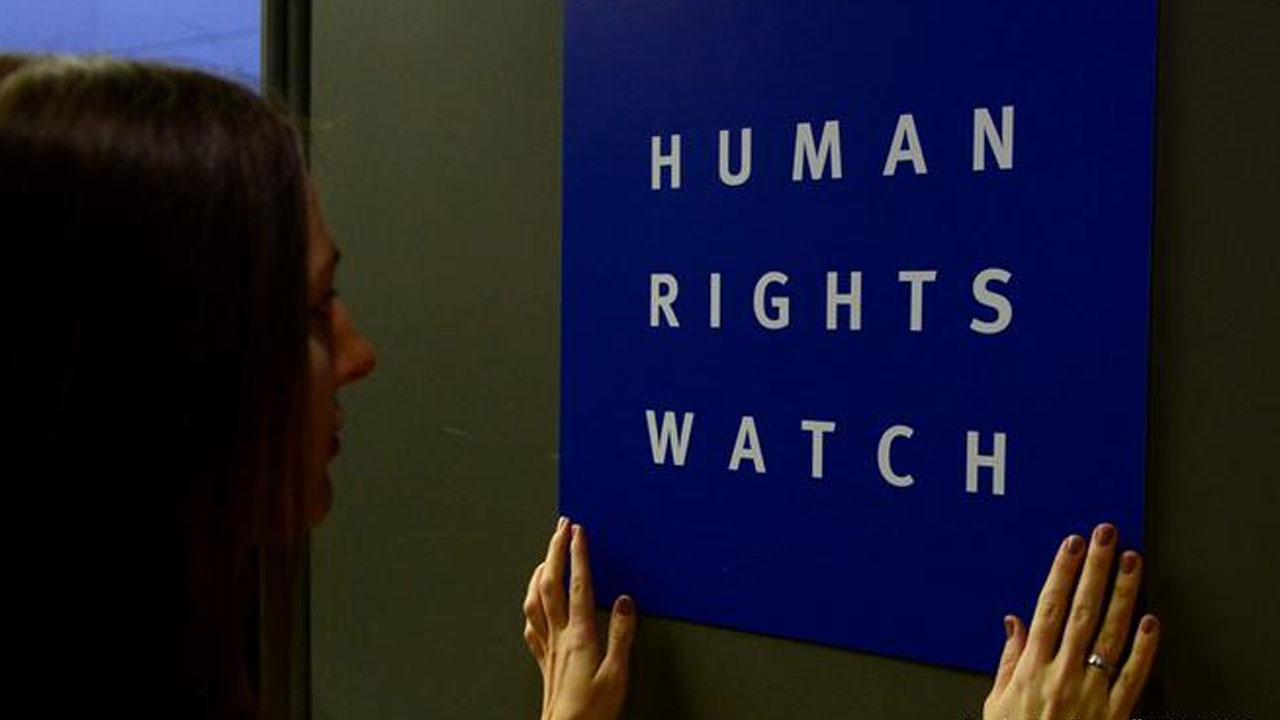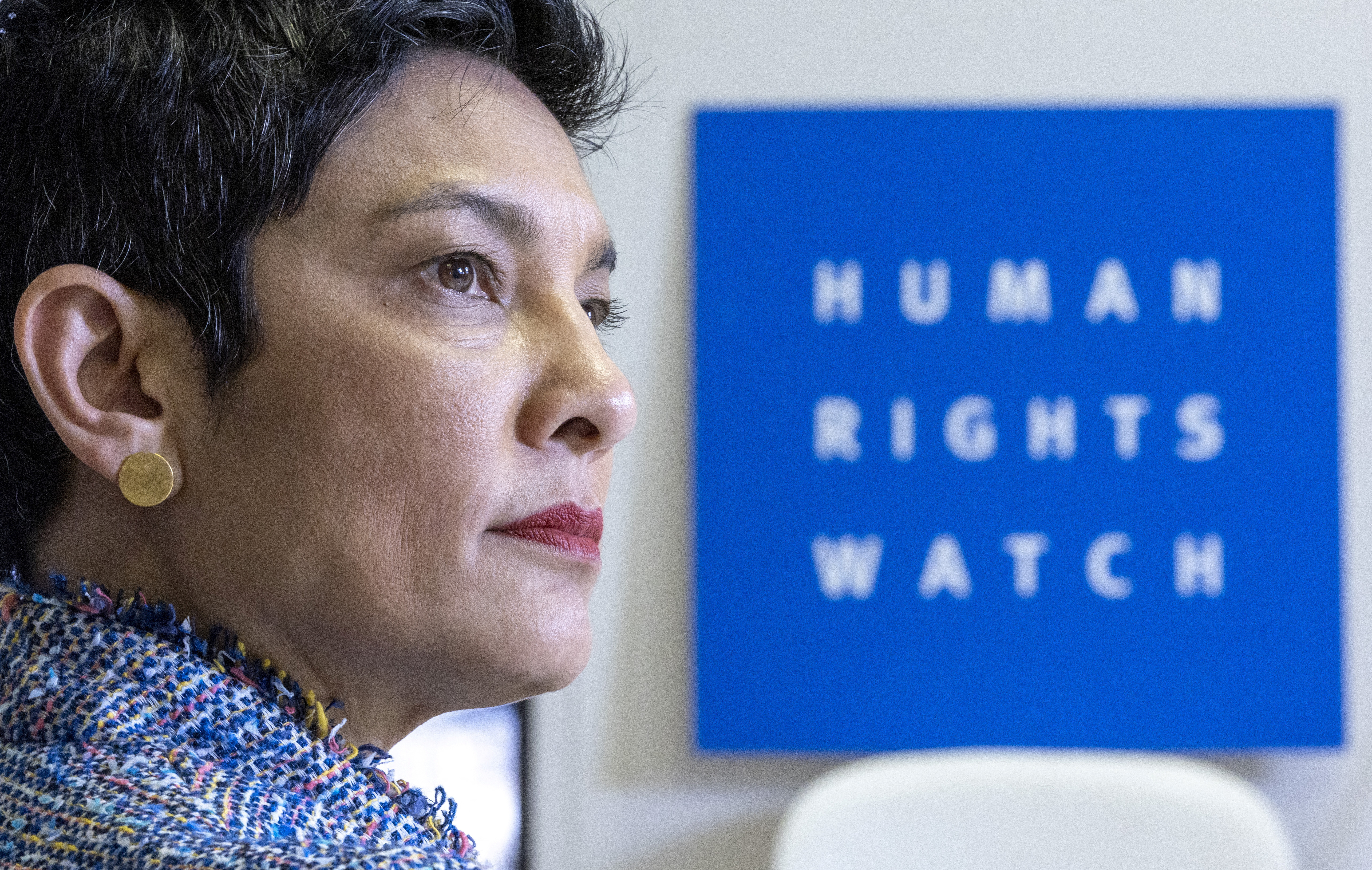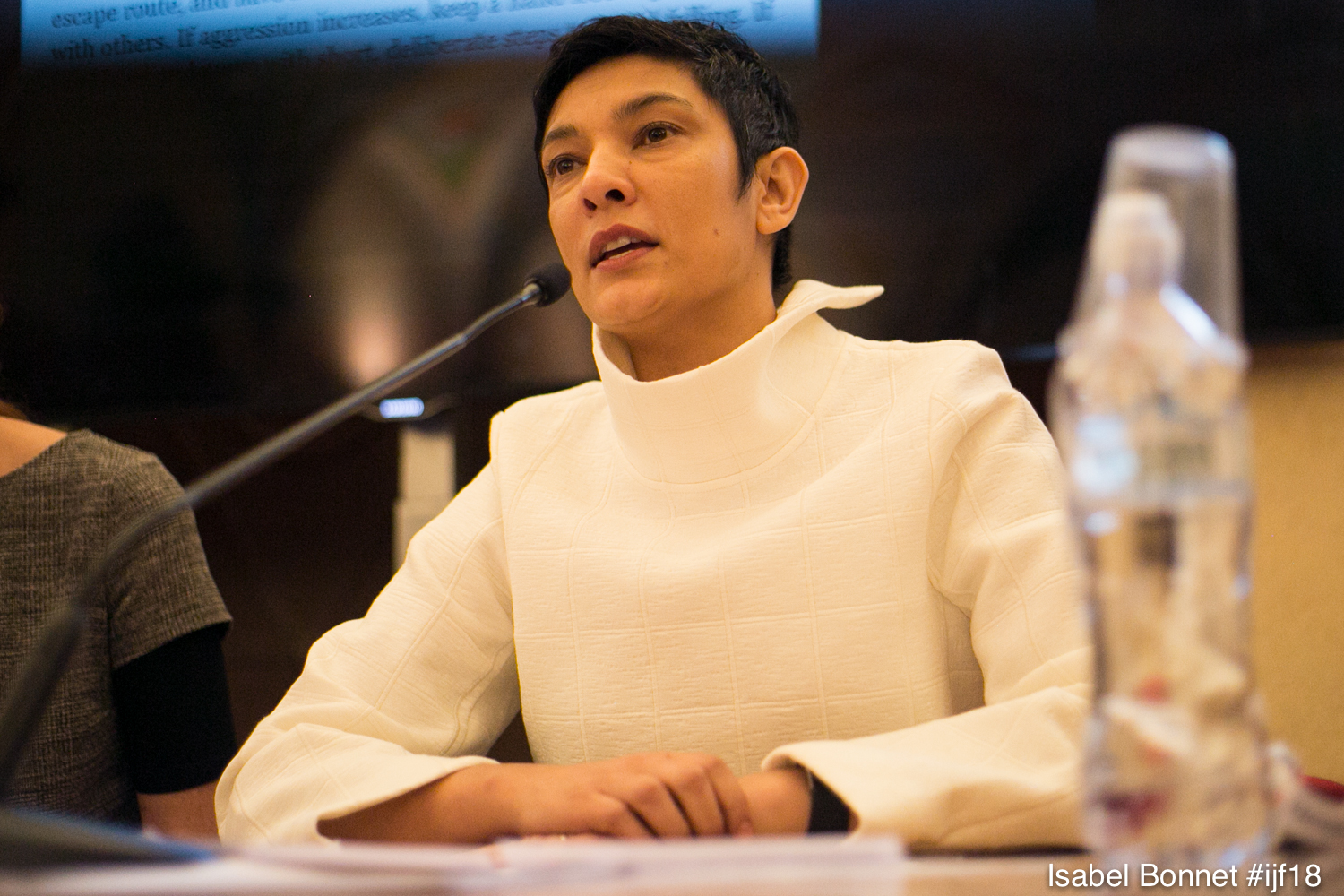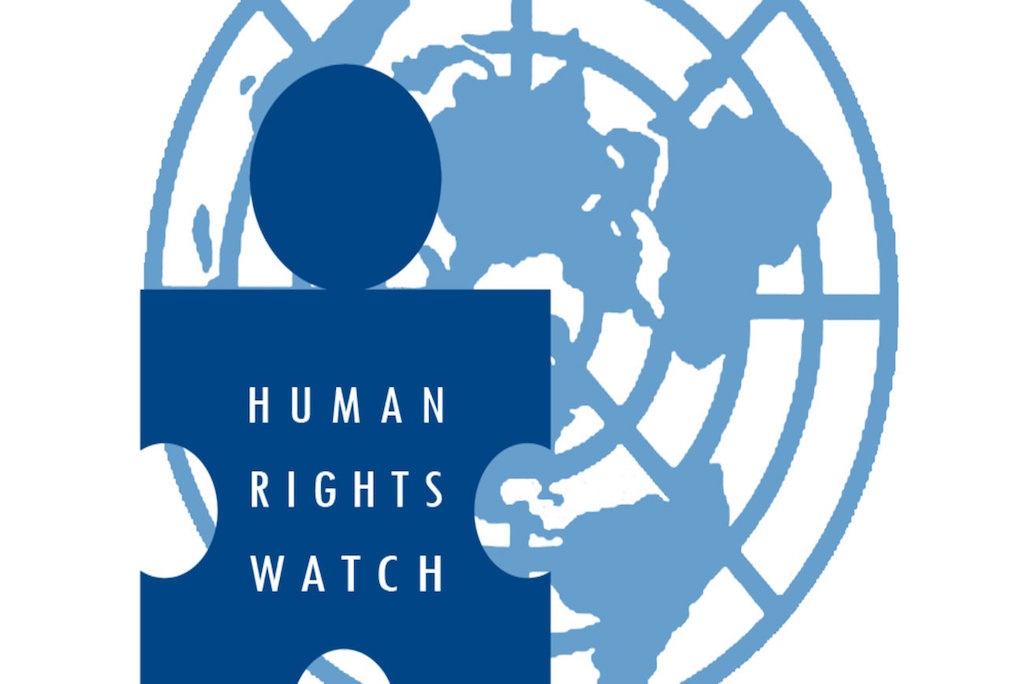Regional
Which type of sources does HRW rely on for information on Rwanda?
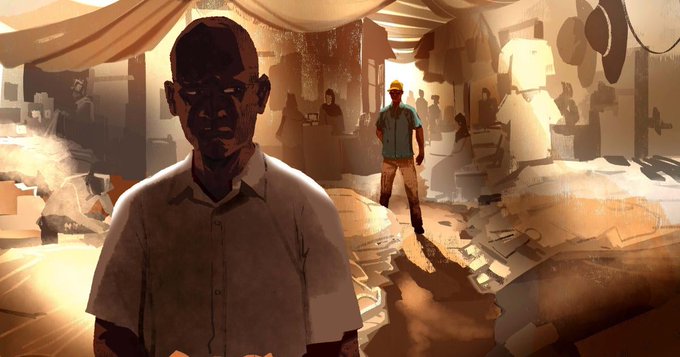
Illustration photo used by Human Rights Watch in its recent "report" on Rwanda.
Human
Rights Watch (HRW), a New-York-based so-called rights group, has never hidden its
insidious agenda against Rwanda, for more than two decades now.
The
organization continues publishing fabricated reports aimed at smearing the Rwandan
government and its institutions.
The
latest smear campaign comes in a ‘report’ published on October 10, titled “Join
Us or Die’ Rwanda’s Extraterritorial Repression”. As always, the report ‘documented’
killings, kidnappings and attempted kidnappings, enforced disappearances, and
physical attacks targeting Rwandans living abroad.
Related: Of
Human Rights Watch unrelenting conspiracy against Rwanda
To
back their baseless accusations, HRW claims to have interviewed over 150 people
who have fled the abuses in Rwanda, or abroad.
Beyond
the hearsays, the credibility of individuals HRW interviewed is questionable as
well. Who are these people really?
While
advancing the claims of kidnappings, attempted kidnappings, and physical
attacks, one of the sources HRW reportedly talked to is Serge Ndayizeye, who
claimed that he was attacked while attending a “Rwanda Day” event in Amsterdam,
Netherlands, in 2015.
HRW deliberately chose a member of a terror
group. Ndayizeye is a member of RNC who runs Itahuka radio, a medium used by the anti-Rwanda government
terrorist group to spew hate and propaganda.
RNC is part of a larger terrorist group, P5, operating in the Democratic Republic of Congo (DRC), along with the genocidal militia called FDLR. Between 2010 and 2014, RNC carried out grenade attacks in Rwanda which left more than 10 people dead and more than 400 injured.
In October 2019, the group carried out the bloodiest attack in over two decades, in Musanze district’s Kinigi. The attackers used knives and rudimentary weapons to kill 14 innocent civilians and wound 18 others.
All these facts were ignored by HRW which, instead, tried to whitewash RNC as an opposition group to give credibility to their source. What can anyone expect to be told by an individual such as Ndayizeye other than accusations he cannot prove?
HRW also
interviewed a certain Joseph Mazimpaka, who served in the Rwandan genocidal
forces, Ex-FAR. After the 1994 Genocide against the Tutsi, Mazimpaka was
reintegrated into the Rwanda Defence Force (RDF), but it was later discovered
that he was one of the perpetrators of the 1994 Genocide.
He was
arrested in 2009, for his role in the Genocide, but escaped from prison, fled
to Uganda, then to Kenya and later ended up in Tanzania. While in Tanzania, he
collaborated with other anti-Rwanda government groups, such as RNC and FDLR
terrorists.
While
talking to HRW, Mazimpaka, narrated a made-up story of a failed kidnaping in
Tanzania; and the supposed harassment of his wife in Mozambique, by “Rwandan
operatives.”
For
HRW, tarnishing the image of Rwanda is the priority and to achieve that, the
ends justify the means, even if it means whitewashing a génocidaire, and ignoring
all the crimes he or she committed.
Other interviewed
‘credible sources’ include self-exiled individuals like Richard Eugene Gasana,
Théobald Rutihunza, whose only agenda is to disrupt peace in Rwanda, while
working with negative groups.
For
instance, Gasana has, on several occasions, met with Congolese President Felix
Tshisekedi in a quest to rally support for anti-Rwanda negative groups
operating in eastern DRC.
Related: Tshisekedi
working tirelessly to support anti-Rwanda negative forces
Robert
Mukombozi is a name that did not miss in the HRW report. The Ugandan
journalist, claims that he was forced to leave Uganda because of ‘pressure from
the government of Rwanda’.
However,
HRW explicitly left out the fact that Mukombozi is not a Rwandan. He was
neither arrested, nor persecuted in Rwanda, as he claimed.
All
these questionable interviewed individuals expose HRW’s agenda; its deliberate,
sustained, and politically motivated propaganda campaign against the government
of Rwanda, for nearly 30 years.


